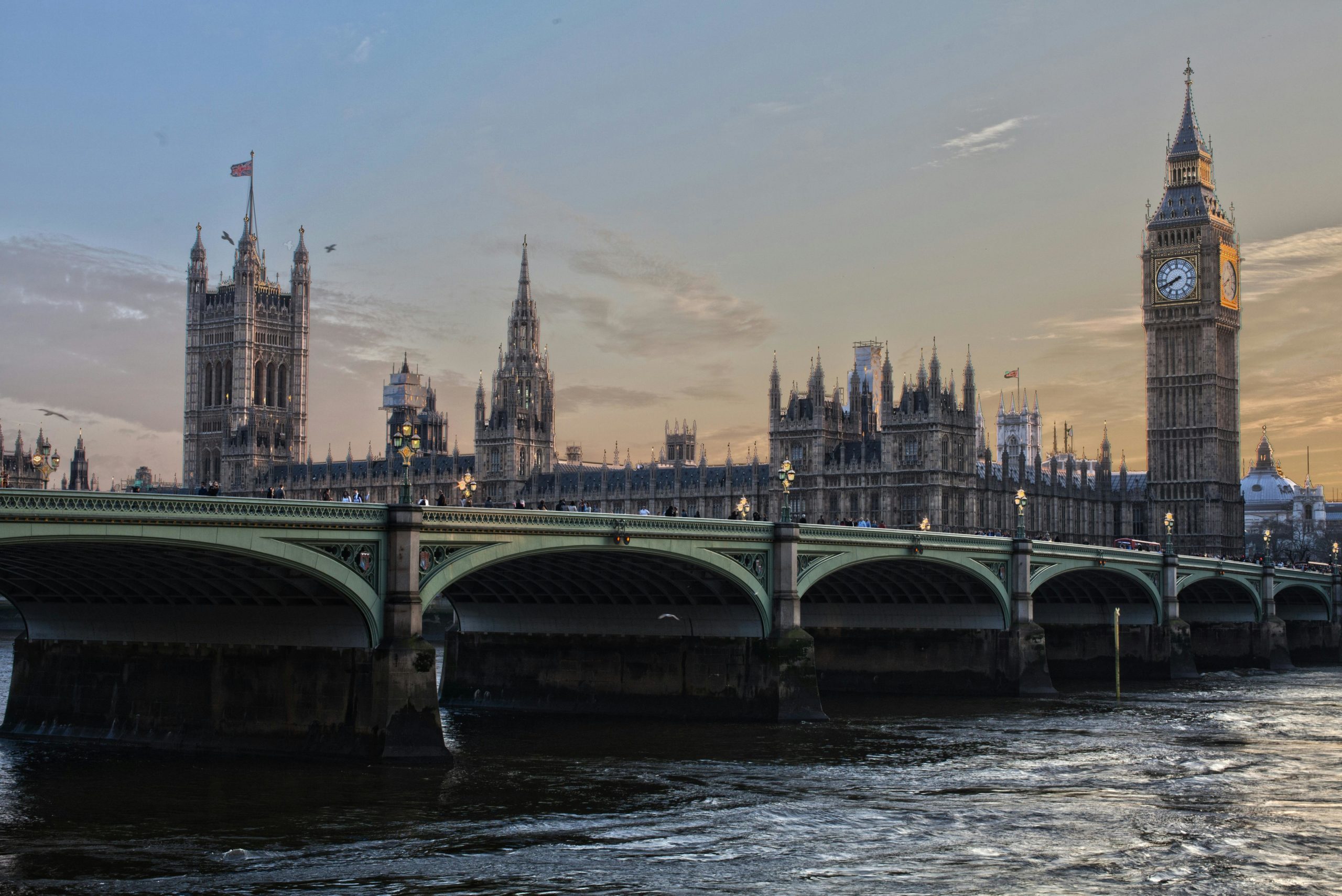Donald Trump rose to the presidency by pledging only to appoint Supreme Court justices who would overturn Roe v. Wade (1973). In office, he made good on his promise, installing justices Neil Gorsuch, Brett Kavanaugh, and Amy Coney Barrett, who collectively represented a decisive margin in last year’s Dobbs v. Jackson Women’s Health Organization decision, which overturned the constitutional right to abortion. Dobbs represents a grave attack on women’s reproductive health, one prong of a concerted, reactionary effort by the Republican Party to roll back historic progress on gender equity, racial justice, and LGBTQIA+ rights. Now the party’s frontrunner for the 2024 election, however, Trump has subtly retreated from his avowedly pro-life stance. He called state-level restrictions on abortions made possible by Dobbs “terrible.” He has refused to back a federal abortion ban. What explains this sudden reversal?
We might look beyond the borders of the United States for an answer. The United Kingdom’s withdrawal from the European Union—a process that began with a now-infamous referendum in 2016—fueled sweeping victories for the Conservative Party in the 2019 general election, paving the way for demagogue Boris Johnson’s ascension to the premiership. Since then, however, Brexit has proved an unmitigated disaster for the British right. A series of embarrassing by-election defeats in traditionally Conservative districts spelled Johnson’s downfall in 2022, and observers agree that last month’s landslide Labour victories in Mid Bedfordshire and Tamworth are the death knell for the Tories: In the next general election, slated to take place before January 2025, they will almost assuredly fall after close to fifteen years in power. Voters’ disillusionment is understandable. Nearly four years elapsed between the Brexit referendum and official withdrawal in 2020. Now, no longer part of the single market and customs union, the UK has suffered a dramatic drop-off in trade with other European countries. Meanwhile, despite assurances from Conservatives that freedom from EU dues would open up funds to revamp the struggling National Health Service, citizens still face stark healthcare shortages. Unsurprisingly, then, the most recent polling found that just 34% of UK voters still believe Leave was the right choice. While he would never admit it, current Prime Minister Rishi Sunak—who made his name as an early supporter of Brexit—may well feel the same way. Indeed, seven years removed, it appears that Brexit was more a ruse to drum up Conservative support than a coherent policy program.
Perhaps the same could be said of abortion restrictions in the US. Pro-life rhetoric has become such a touchstone of American conservatism that we often forget things were not always this way. In fact, Republicans only began beating the pro-life drum in the mid-1970s, when the religious right started framing abortion as a violation of Christian values to attract evangelicals, who helped propel Ronald Reagan to the White House in 1980 and have been a core part of the GOP electoral base ever since. Yet overturning Roe was never popular among a majority of Americans, and it is not clear that Republicans ever truly expected it to happen. Now, it may be backfiring. The opposition party almost always makes strides during midterms under a new presidential administration, but in 2022, Republicans only barely retook the House of Representatives while ceding ground in the Senate and losing key gubernatorial and state legislative races. In the leadup to those elections, more than half of US voters described reproductive rights as a “very important” issue. Just last week, during another disappointing electoral showing for the GOP nationwide, Ohio became the first red state to enshrine abortion rights in its constitution. Ever the shrewd political analyst, Donald Trump no doubt has these developments in mind as he distances himself from abortion bans. He is likely also thinking of the Tories’ downfall, triggered when the wedge issue they used to mobilize their base became, more or less accidentally, national policy.
This is not to suggest that no Republicans genuinely oppose abortion; many certainly do. Moreover, women across the country will continue to suffer under Dobbs regardless of the outcome next November. Yet for his part, Trump seems determined not to let the issue derail his campaign. There’s reason to think he might succeed: As of now, a Democratic victory in 2024 seems far less secure than a Labour one. Still, if off-year elections in Mid Bedfordshire and Michigan are any indication, conservatives on both sides of the Atlantic may have flown too close to the sun.

Leave a Reply